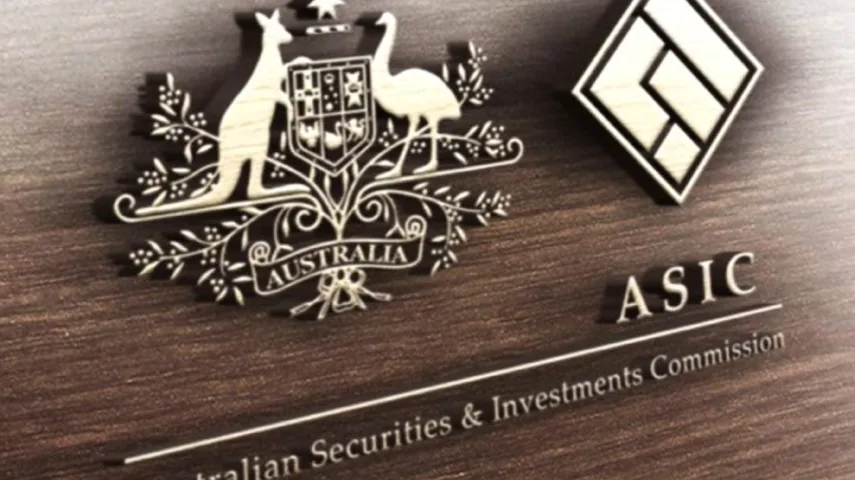ASIC looks to enact more criminal enforcement



The balance of ASIC enforcement activity is skewed towards civil rather than criminal cases, but the corporate regulator says it is seeking to redress this matter.
Appearing before the Parliamentary Joint Committee on Corporations and Financial Services (Oversight of ASIC, the Takeover Panel and Corporations Legislation), the corporate regulator discussed its approach to enforcement.
Currently, this has been focused around civil matters such as greenwashing or design and distribution obligation breaches (DDO).
Tim Mullaly, ASIC executive director for enforcement and compliance, said: “Civil matters can take time to resolve through court and then our resources are caught up dealing with those matters on a day-to-day basis which means they are unable to deal with new or criminal matters.
“The other aspect is our enforcement priorities were not set with this in mind, the matters we are looking at are civil in nature as opposed to criminal. We are aware of that and the need to ensure a more consistent and growing level of outcomes, both civil and criminal, and to get the right balance. At the moment, it is skewed more towards civil but we are looking to redress that.”
At the start of 2024, ASIC stated its enforcement priorities for the year ahead would be greenwashing, predatory lending, poor distribution of financial products, and compliance with reporting situations regime, among others.
Asked by Senator Deborah O’Neill what a better balance would look like, Mullaly was reluctant to give a specific figure due to the changing nature of matters it is working on.
“Numbers and targets can skew good enforcement action. If we take on X number of greenwashing matters than that ties up resources looking for them and then some important fraud matter comes up and we don’t have the resources available. So if we say we need to have X number of criminal cases and then there is a misleading or deceptive conduct matter, then it is difficult to be able to have the resourcing agility to move people around.
“Setting numbers can skew approaches, but we recognise that and we need to set KPIs internally to stretch ourselves.”
Also on the panel, Liberal Senator Paul Scarr asked ASIC chair, Joe Longo, why the number of cases being referred to the Commonwealth Director of Public Prosecutions (CDPP) had declined to just two in 2023–24.
He described the drop as a “real material change in trend” year-on-year.
Responding, Longo acknowledged both agencies are experiencing resource constraints but said they will aim to work closer together in the future. He noted in the last financial year, there were 32 individuals charged by the CDPP in criminal proceedings and 35 criminal convictions.
He said: “We’ve had a number of criminal outcomes and mentions in the last six to 12 months, that data is a misleading analysis of how active we are in criminal courts. They have a very long tail and take a long time to litigate.
“It is not as if we aren’t active in the criminal space; we have a whole pipeline of criminal matters coming through the system.
“We work in a challenging environment with challenging defendants, and that process of working together never stops. You can expect a real commitment between the two agencies to improve.”
Recommended for you
Net cash flow on AMP’s platforms saw a substantial jump in the last quarter to $740 million, while its new digital advice offering boosted flows to superannuation and investment.
Insignia Financial has provided an update on the status of its private equity bidders as an initial six-week due diligence period comes to an end.
A judge has detailed how individuals lent as much as $1.1 million each to former financial adviser Anthony Del Vecchio, only learning when they contacted his employer that nothing had ever been invested.
Having rejected the possibility of an IPO, Mason Stevens’ CEO details why the wealth platform went down the PE route and how it intends to accelerate its growth ambitions in financial advice.















